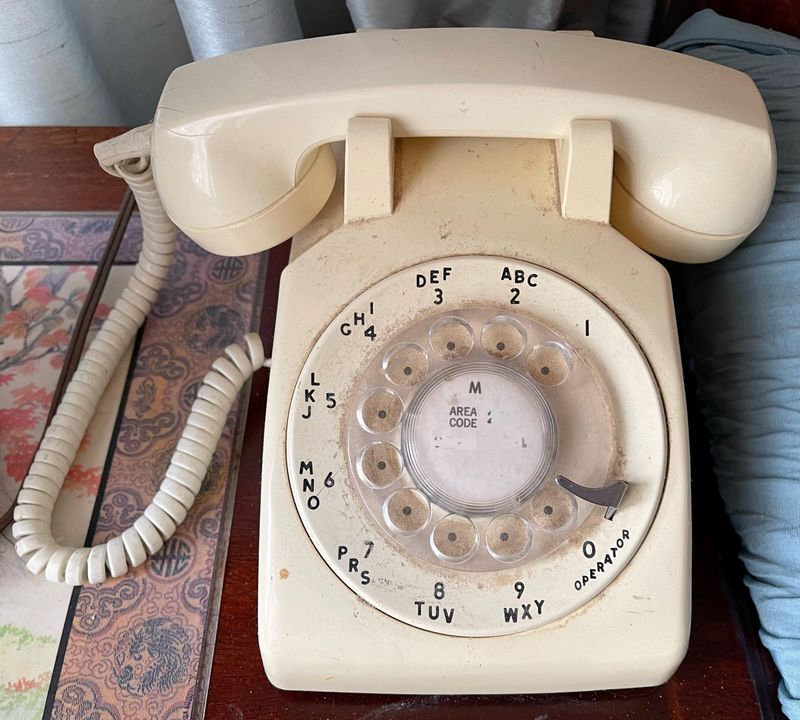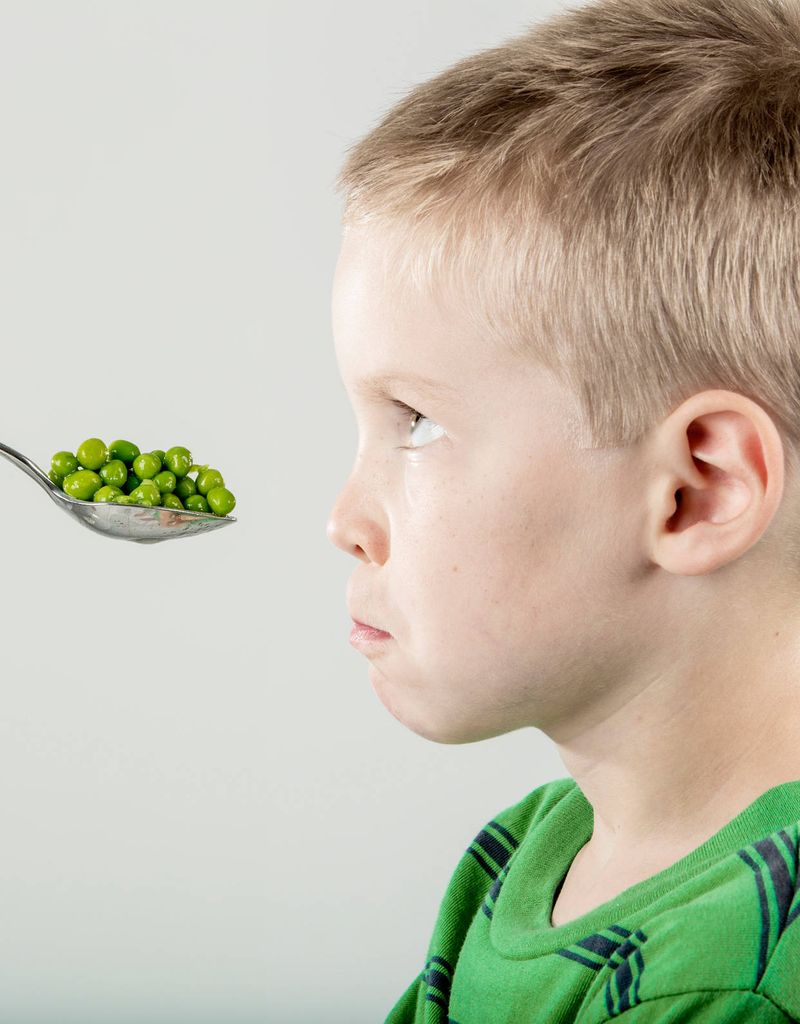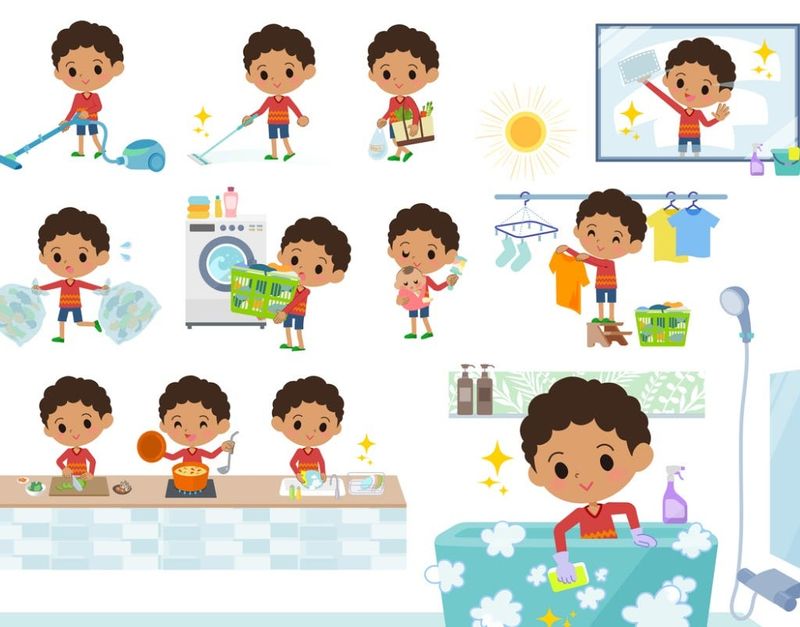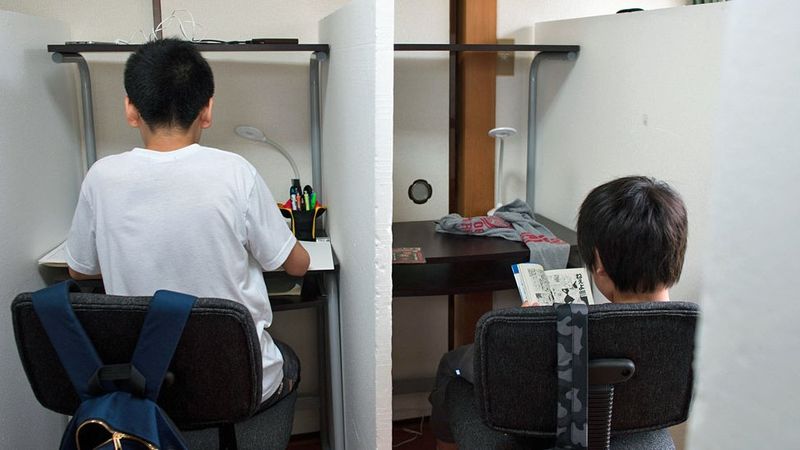Remember when kids knew the meaning of respect and consequences actually existed? Today’s children often display behaviors that would have been unthinkable just a few decades ago. The contrast between modern parenting styles and the no-nonsense approach of the 1970s couldn’t be more striking. Let’s explore how parents from the disco era would have handled some of today’s most entitled kid behaviors.
1. Demanding the Latest Technology
“I need the newest iPhone or I’ll literally die!” Today’s tech-obsessed kids often throw dramatic fits until parents cave and shell out hundreds of dollars for the latest gadget.
Back in the ’70s, this behavior would have earned you nothing but laughter. Parents would have reminded you that the family’s single rotary phone worked just fine, thank you very much. Kids back then saved their own money from paper routes if they wanted something special.
The concept of a child demanding expensive electronics would have seemed as alien as moon rocks. “Go play with your stick and hoop outside until dinner” would have been the standard response.
2. Refusing Home-Cooked Meals
Modern dinner tables often feature children turning up their noses at perfectly good food, demanding chicken nuggets or pizza delivery instead. Parents frequently give in, becoming short-order cooks to appease picky eaters.
The ’70s kitchen operated under one simple rule: eat what’s served or go hungry. Mom made one meal for everyone, and that was that. No special accommodations, no alternatives.
“There are starving children in Africa who would be grateful for that food!” was the universal guilt trip. Kids quickly learned to clean their plates or face the consequences of an empty stomach until breakfast.
3. Avoiding Household Chores
“That’s not fair! Why should I have to clean my room?” Modern kids often negotiate, procrastinate, or flat-out refuse to help around the house. Some parents even pay their children to complete basic tasks that should be standard family contributions.
In the bell-bottom era, chores weren’t optional. Children were considered contributing family members from the moment they could walk. Eight-year-olds did dishes, ten-year-olds mowed lawns, and teenagers handled significant household responsibilities.
Refusing would have earned you extra chores, not fewer. “You live here, you work here” was the unwritten family contract that nobody dared to challenge.
4. Talking Back to Adults
Eye-rolling, sighing, and snarky comebacks have become standard kid currency. “Whatever” and “You can’t make me” frequently escape from young mouths with little consequence beyond parental frustration.
The mere thought of talking back to adults in the 1970s would send shivers down a child’s spine. Parents didn’t engage in debates about authority or negotiate with small humans they created. The famous Mom Look™ could stop a child mid-sentence from across a crowded room.
Sass was met with swift consequences, from extra chores to losing privileges. “Don’t you dare use that tone with me, young lady” wasn’t an empty threat—it was a final warning.
5. Constant Boredom Despite Abundance
“I’m sooooo bored!” cry children surrounded by mountains of toys, gadgets, streaming services, and activities. Despite having more entertainment options than any previous generation, today’s kids seem perpetually unsatisfied and unable to entertain themselves.
A ’70s parent would have considered boredom a luxury, not a problem to solve. “Bored? Great! The garage needs sweeping” was the standard reply. Children quickly learned not to voice their boredom unless they wanted to be handed a chore list.
Kids back then created their own fun with sticks, cardboard boxes, and imagination. Boredom wasn’t a complaint—it was the birthplace of creativity and independence.
6. Faking Illness to Skip School
The theatrical performance of fake coughs and claims of mysterious ailments is a time-honored tradition. Today, many parents give in easily, allowing mental health days or screen time while “recovering” at home.
Seventies parents possessed an almost supernatural ability to detect fake illnesses. Their diagnostic method was simple yet effective: “If you’re too sick for school, you’re too sick for TV and playing outside.” Suddenly, many miraculous recoveries occurred before the school bus arrived!
The sick day experience wasn’t pleasant—it meant bed rest, bland food, and absolute boredom. Most kids quickly learned that school was preferable to the sick day treatment they’d receive at home.
7. Insisting on Designer Brands
Status symbols start young these days. Elementary schoolers demand specific brands and $100+ sneakers, often refusing to wear anything that doesn’t sport the right logo. Social media has amplified this pressure to own luxury items from an increasingly young age.
The very concept would have bewildered ’70s parents. Clothes were functional, not fashion statements. Many families sewed their own garments or shopped at Sears for practical durability.
Hand-me-downs weren’t embarrassing—they were expected. Kids wore what fit and what was affordable. The idea of a child demanding designer labels would have seemed as ridiculous as asking for a personal butler.
8. Ungrateful Gift Recipients
“But I wanted the OTHER color!” The disappointed face of a child who didn’t get exactly what they wanted has become a holiday tradition. Some kids openly criticize gifts, tossing aside anything that doesn’t match their specific expectations.
Gift ungratefulness in the ’70s was considered a cardinal sin. Children were taught to appreciate any present, regardless of what it was. The phrase “It’s the thought that counts” wasn’t just a saying—it was a deeply ingrained value.
A child who dared complain about a gift might find their present collection suddenly donated to charity. The mandatory thank-you notes to relatives served as both etiquette training and a reminder of gratitude.
9. Public Tantrum Terrorism
The supermarket meltdown has evolved into an art form. Today’s tiny terrorists have learned that public screaming often results in candy, toys, or whatever triggered the tantrum in the first place. Parents, fearful of judgment, frequently give in just to restore peace.
A public tantrum in 1976? You’d be lucky to make it back to the car with your dignity intact. Parents weren’t concerned about strangers judging their discipline methods—they were worried about embarrassing the family name.
The whispered threat of “Wait until we get home” carried genuine consequences. Most kids learned quickly that public spaces required their best behavior, or they wouldn’t be included in future outings.
10. Expecting Payment for Basic Responsibilities
“How much will you pay me to take out the trash?” Today’s children often expect financial compensation for the most basic household contributions. Allowances have transformed from teaching tools into entitlements for simply existing.
The concept of paying kids for basic responsibilities would have seemed absurd to disco-era parents. Family contributions weren’t transactions—they were obligations. Children participated in household maintenance because they were part of the household.
If kids wanted spending money, they found entrepreneurial opportunities outside the home: paper routes, babysitting, or lawn mowing for neighbors. The lesson was clear: work ethic starts early, and the world doesn’t pay you for cleaning your own room.










